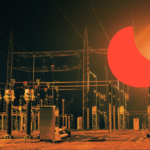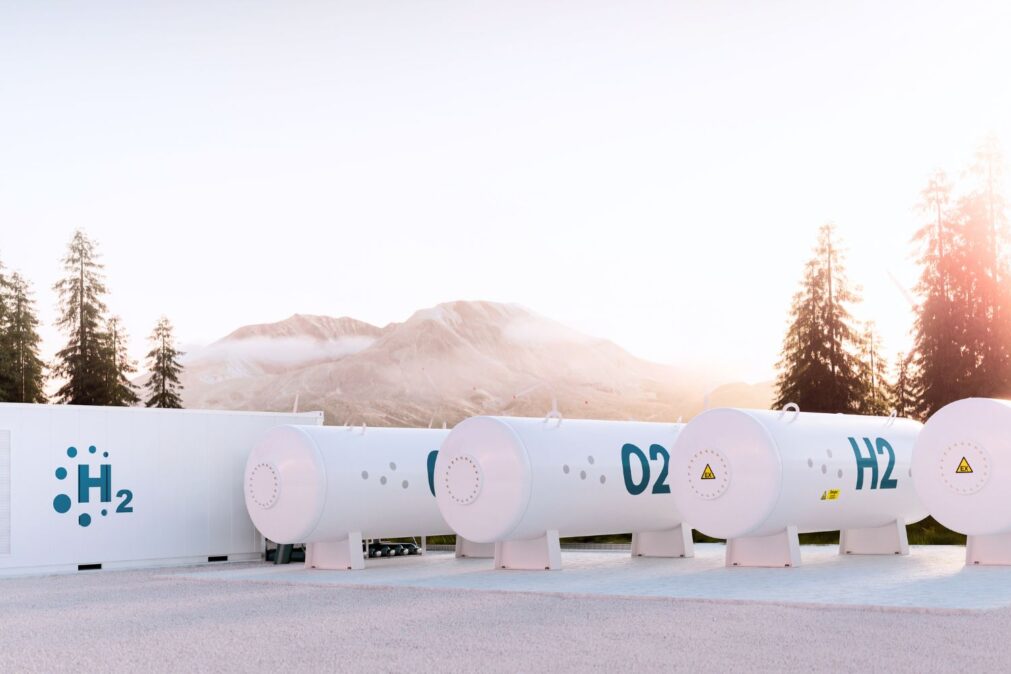Biomethane produced from urban and agro-industrial waste is capable of reducing CO2 emissions in transport by up to 96%. Understand the potential.
In the search for the decarbonization of the energy matrix, biomethane appears as an interesting option, mainly for the transport sector. But, before really understanding the importance of biomethane, it is necessary to understand what biogas is and how these gases are generated.
Biogas and biomethane can be generated from organic household waste — Urban Solid Waste (MSW) — industrial waste of plant origin or animal waste. The potential for generating energy from waste, for example, could exceed 6 million m³ per year, bringing an even greater environmental benefit. All this gas produced would be capable of generating 19 GW of renewable electricity, or almost the equivalent of two Itaipu plants.
Thus, this is a model that enables the transformation of an environmental liability into an energy asset. In addition, there are other benefits, such as the competitive cost of generating energy, as the gas can be produced locally, reducing large extensions of pipeline construction.
The potential of biomethane in Brazil
After the biogas purification steps, the result is biomethane with a high methane content in its composition. It has characteristics that make it interchangeable with natural gas in all its applications or capable of being transported in the form of compressed gas.
In order to decarbonize the matrix and make an energy transition, it is necessary to find alternatives to fossil fuels. In Brazil, ethanol already replaces 48% of the gasoline consumed in the country. To replace diesel, we already have biodiesel and biomethane is increasingly being an option to natural gas. Biomethane has the same properties, but it is produced from solid waste from agribusiness or even organic residential waste.
Thus, biomethane is treated as a green and carbon negative biofuel, being a fundamental energy source for the alignment of ESG goals and promoting the circular economy.
This gas was only regulated in Brazil in 2020, but the technology has been developing rapidly in the country. In 2021, 45 new plants were inaugurated, increasing gas production by 37%. For the coming years, the expectation is positive, with production being able to jump from 500 thousand m³/day to 30 million m³/day by 2030 with investments of R$ 50 billion in the model.
Urca Energia, in which EPP is associated, is the largest producer of biomethane in Brazil, with a plant in Seropédica that produces 120,000 m³/day of biomethane from biogas generated in landfills and with a production perspective of 200,000 m³/day in 2023. It also has two biogas thermal plants in Nova Iguaçu and São Gonçalo that will be replaced by biomethane plants by the end of next year.
What can we expect from this gas in the coming years?
Biomethane is a fuel that is present throughout Brazil and contributes to the generation of qualified jobs and income throughout the country. Currently, São Paulo and Rio de Janeiro lead the production of biomethane, with an installed production capacity close to 200 thousand m³/day each. In Rio, more than 30 gas stations already sell biomethane and, in São Paulo, the use is mostly industrial. However, other states, such as Ceará, have also been advancing in the area.
In 2022, the Federal Government intends to launch a national biomethane program. The Zero Methane program aims to encourage financing from large banks to increase the generation of gas that comes from urban and rural waste, especially poultry, swine, sugar and alcohol. The program is still being structured, but the expectation is that it will dialogue with the carbon market.
In addition to the investments and incentives provided by the Federal Government, the need for change and the popularization of technology has created incentives for countless companies to be able to adopt biomethane as a fuel to move their industrial and logistics operations.
Therefore, with incentives for development, it is possible that in the coming years biomethane will become an important fuel for the energy transition. If you still have any questions about it, please contact us.





